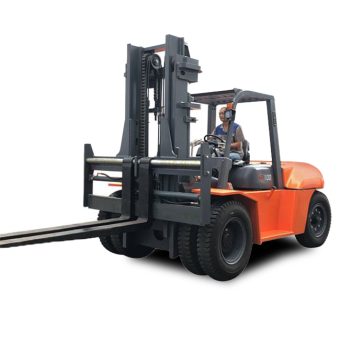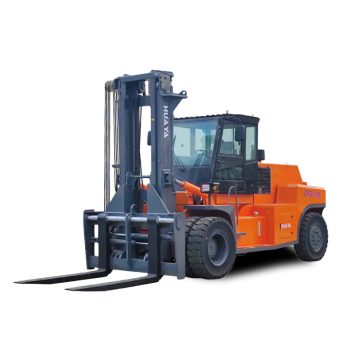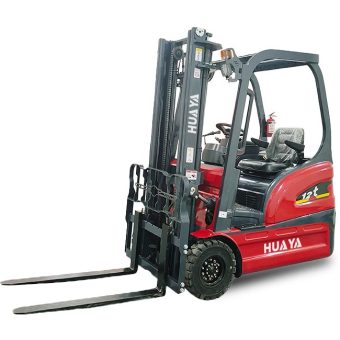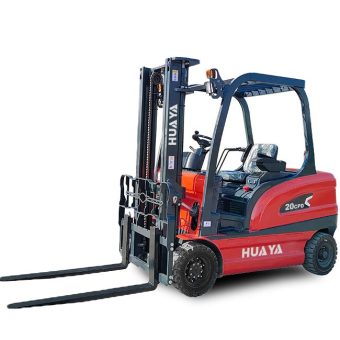
News
Forklifts are indispensable in material handling across various industries. However, selecting the right forklift for your needs can be challenging, especially when choosing between industrial and warehouse forklifts. Each type has unique features tailored to specific applications.
Forklifts are powered industrial trucks designed to lift, move, and stack heavy loads. They come in various designs, each suited for specific environments and tasks.
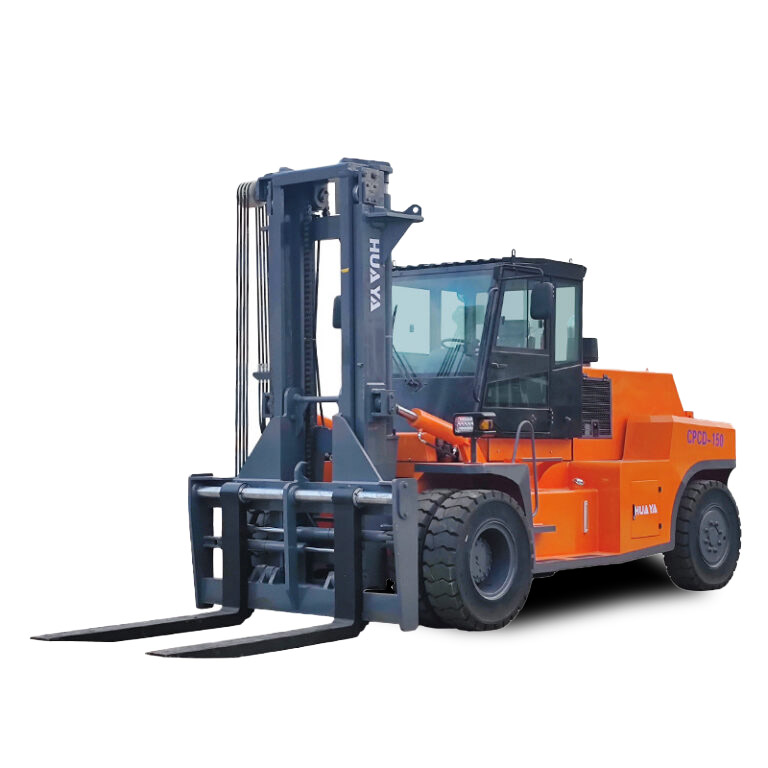
Industrial forklifts are designed for heavy-duty operations. Common types include:
Rough Terrain Forklifts: Built for uneven surfaces.
High-Capacity Forklifts: Ideal for lifting extremely heavy loads.
Specialized Forklifts: Tailored for unique industrial needs.
These forklifts excel in environments such as:
Construction sites
Lumber yards
Heavy manufacturing facilities
Durability: Withstands harsh conditions.
High Load Capacity: Handle weights up to 50 tons.
Versatility: Adaptable to various terrains.
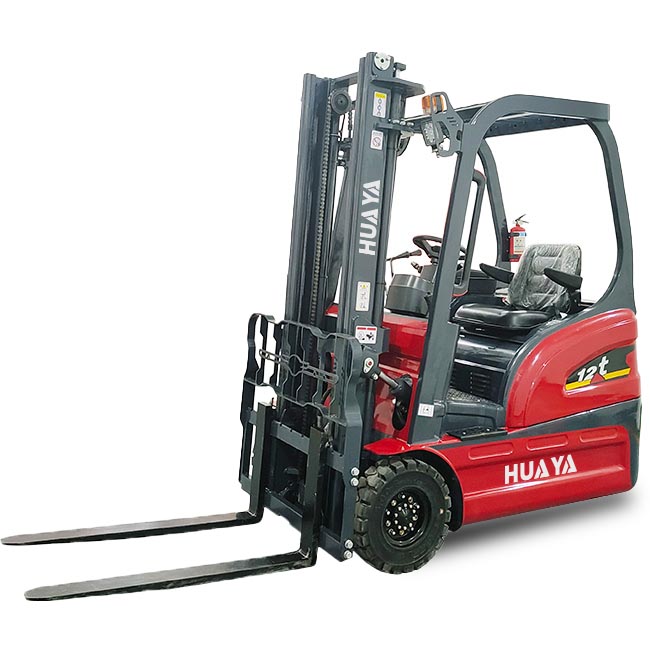
Warehouse forklifts prioritize efficiency in indoor settings. Key types include:
Counterbalance Forklifts: Standard design for most warehouses.
Reach Trucks: Ideal for accessing high shelving.
Order Pickers: Designed for retrieving items in inventory systems.
Warehouse forklifts are best suited for:
Distribution centers
E-commerce warehouses
Inventory management systems
Compact Design: Suitable for narrow aisles.
Energy Efficiency: Electric models save costs.
Ease of Use: User-friendly controls enhance productivity.
Comparison: Industrial vs. Warehouse Forklifts
Industrial forklifts are rugged and built to withstand extreme conditions, whereas warehouse forklifts have a compact and lightweight design for maneuverability.
Industrial forklifts boast higher lifting capacities, suitable for heavy loads. Warehouse forklifts, while versatile, are limited to lighter loads.
Warehouse forklifts excel in tight spaces, while industrial forklifts are designed for outdoor and uneven terrain.
Industrial forklifts require more robust maintenance due to their heavy-duty nature. Warehouse forklifts are easier to maintain, especially electric models.
Industrial forklifts often use diesel or LPG, whereas warehouse forklifts primarily run on electricity.
Consider whether the forklift will operate indoors or outdoors.
Frequent use in demanding environments favors industrial forklifts.
Warehouse forklifts are generally more affordable, especially electric variants.
Industrial forklifts are designed for outdoor use and heavy loads, while warehouse forklifts are compact and optimized for indoor tasks.
Warehouse forklifts, especially electric models, are more fuel-efficient compared to industrial forklifts.
Yes, due to their robust construction and heavy-duty applications, they often require more maintenance.
Both types include features like seat belts, stability controls, and alarms, but industrial forklifts often have reinforced cabins for added safety.
While it is possible, their design and tires make them less effective on uneven terrain.
Evaluate your operational needs, environment, and budget to make an informed choice.
Choosing between industrial and warehouse forklifts depends on your operational requirements. Industrial forklifts are best for heavy-duty, outdoor tasks, while warehouse forklifts excel in indoor, high-efficiency settings.
